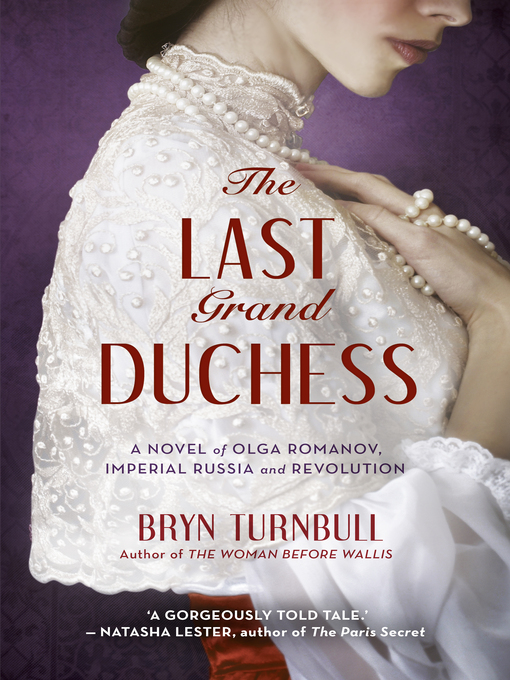
More than one contemporary source notes that when Grigori Rasputin was assassinated, Olga acknowledged that while she disagreed with how it happened, she knew the deed had to be done for the good of the country. When I started looking into who Olga was, I found so much that confirmed she was more than the shrinking violet I’d previously thought her to be: she was headstrong and passionate, and had a strong sense of duty not only towards her family, but also towards those less fortunate than herself.Īs the eldest of the daughters, she was also more politically aware than many give her credit for. TGBC: What drew you into the story of Grand Duchess Olga Romanov that made you want to write a historical fiction novel through her eyes?īT: In the history books, Olga and her sisters are frequently written about as a unit – OTMA, an acronym formed by their first initials – and while the sisters were unusually close it felt like a disservice to have so much attention given to Anastasia’s pretenders, rather than to the sisters themselves. The novel also follows Olga’s personal life in the years leading up to the abdication: her desire to be more than her title, and to find fulfilment outside of the cloistered world of the imperial palace.

Beginning on the night of Nicholas’s abdication, Olga witnesses not only the rise of the Bolsheviks, but also the many steps that led to the Russian Revolution – including the declaration of war against Germany and her parents’ relationship with the mystic Grigori Rasputin.

The Gloss Book Club: What can you tell our members about your novel The Last Grand Duchess?īryn Turnbull: The Last Grand Duchess tells the story of the tumultuous downfall of the Romanov dynasty, as seen through the eyes of Nicholas II and Alexandra’s eldest daughter, Olga Nikolaevna.


 0 kommentar(er)
0 kommentar(er)
